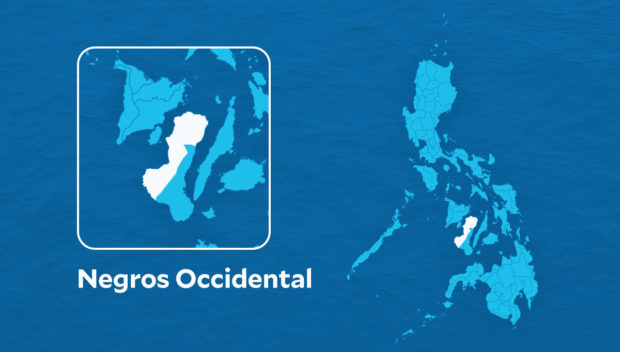CHR reports 64 EJK cases in Negros Occidental
BACOLOD CITY, Negros Occidental, Philippines — At least 64 cases of extrajudicial killings (EJKs) were recorded in Negros Occidental and Bacolod City in 2022, almost half of which were drug-related, according to the Commission on Human Rights (CHR).
Vincent Parra, the officer in charge of the CHR Bacolod suboffice, said of the number, at least 30 involved murders linked to illegal drugs while the rest were related to agrarian reform and armed conflict.
The CHR has also been investigating seven more human rights and EJK cases in Bacolod and Negros Occidental since the start of 2023.
Urgent cry
In a data he presented during the Philippine Center for Investigative Journalism workshop on human rights reporting here on Tuesday, Parra described EJKs as all “murder cases” with still unknown assailants.
EJK, he said, “is not necessarily [done by] state agents or [the] government.”
In 2016, then CHR Chair Chito Gascon said EJK did not only refer to any killing sanctioned by the state but “as well as others that the government failed to investigate,” citing a definition of a United Nations report.
Bishop Gerardo Alminaza of the Diocese of San Carlos in Negros Occidental condemned the killings, echoing the need to respect and protect human life at all costs.
“We reiterate again our cry which has become even louder and urgent; a painful refrain and an important reminder: Life is sacred. Respect human rights and human dignity,” he said in a statement sent to the Inquirer.
“It also challenges those among us who are still in denial regarding the massive human rights abuses under the previous administration and its enduring negative consequences and impact even until now,” Alminaza added.
Among the human rights violations and EJKs the commission is investigating this year, Parra said, are the case of a hogtied fish vendor whose body was found in Barangay Mansilingan, Bacolod City on Jan. 27, and the discovery of a pair of hands inside an ice cream container in Barangay 2, also in Bacolod, on Jan. 25.
Based on the CHR’s data, 11 EJK cases were reported in Bacolod and Negros Occidental in 2017; 19 in 2018; 39 in 2019; 39 in 2020; and 46 in 2021.
Trust issue
Parra said the CHR investigated the complaints and provided financial assistance to those who were verified to be victims of human rights violations.
He said the police and military had refused to provide the commission with blotter and investigation reports of human rights cases that they were handling.
“We strive to coordinate with them but perhaps there is an issue of trust,” Parra said.
He, however, assured the families of victims and the public that the commission would investigate all complaints lodged before it as well as those without a formal request for an inquiry.
Fr. Chris Gonzales, Social Action Center director of the Diocese of Bacolod, said that like the government, the Catholic Church too was against illegal drugs.
However, Gonzales said killing those involved in the drug trade was not the solution to this problem.
Hope
“Everyone should unite to solve the problem. We need to give hope to people,” he said. “Many are engaged in illegal drugs because they have lost hope. We have to address the root cause of this societal problem.”
In October last year, the Department of the Interior and Local Government (DILG) launched a program aimed at addressing the root causes of illegal drug use in the Philippines through demand reduction and rehabilitation.
The DILG’s Buhay Ingatan, Droga’y Ayawan (Bida) campaign was in line with the Marcos administration’s commitment to continue the country’s war on illegal drugs but “within the framework of the law and with respect for human rights, and with the focus on rehabilitation and socioeconomic development.”
